Misunderstandings surrounding mental health can lead to harmful stereotypes, stigma, and exclusion. These barriers can make it harder for people with mental health disabilities* to be fully included, supported, and understood in their communities.
Mental health conditions are disabilities. They are valid and important parts of the disability experience. At Disability Belongs™, we’re committed to replacing myths with facts and building greater understanding. By recognizing mental health as a key part of disability inclusion, we can help create a more welcoming world for everyone.
Here are some common myths about mental health, and the facts you should know. [continue reading…]


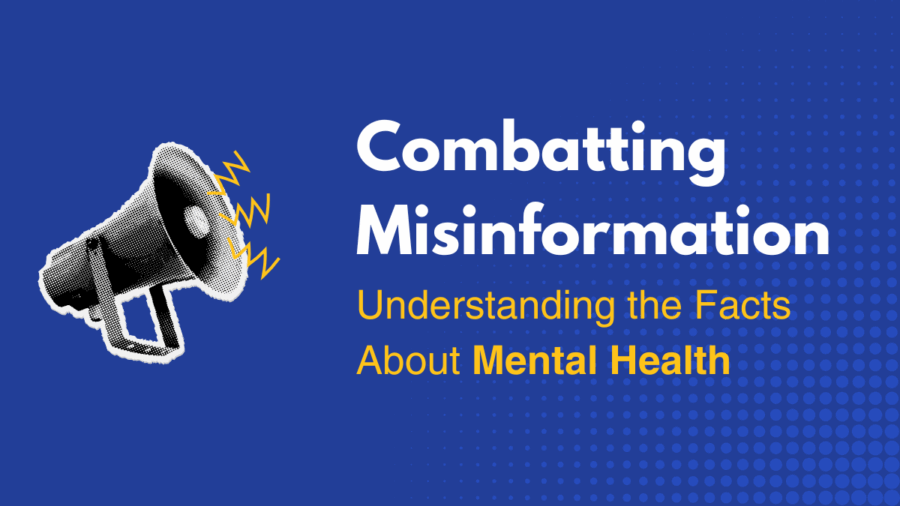
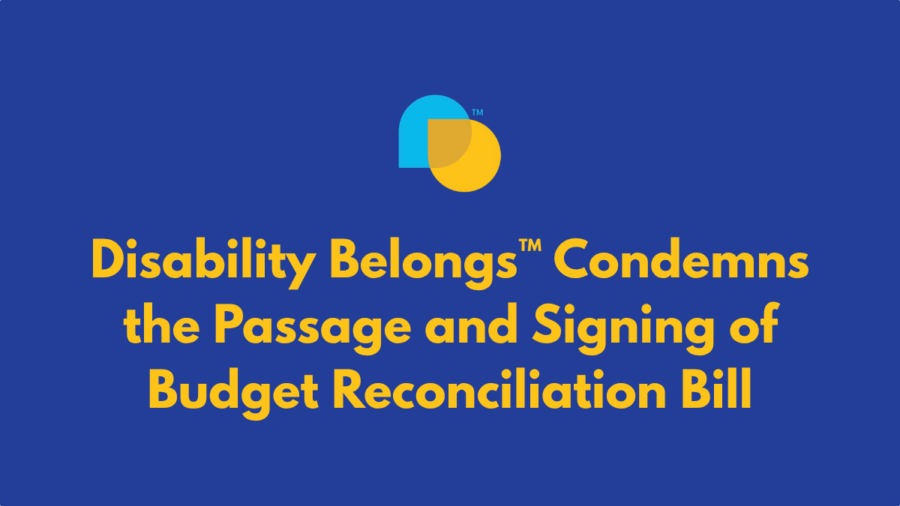
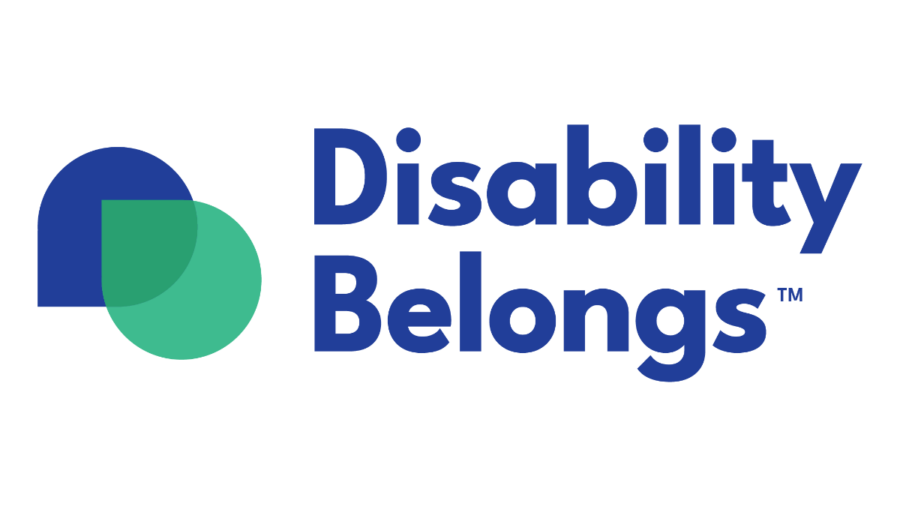
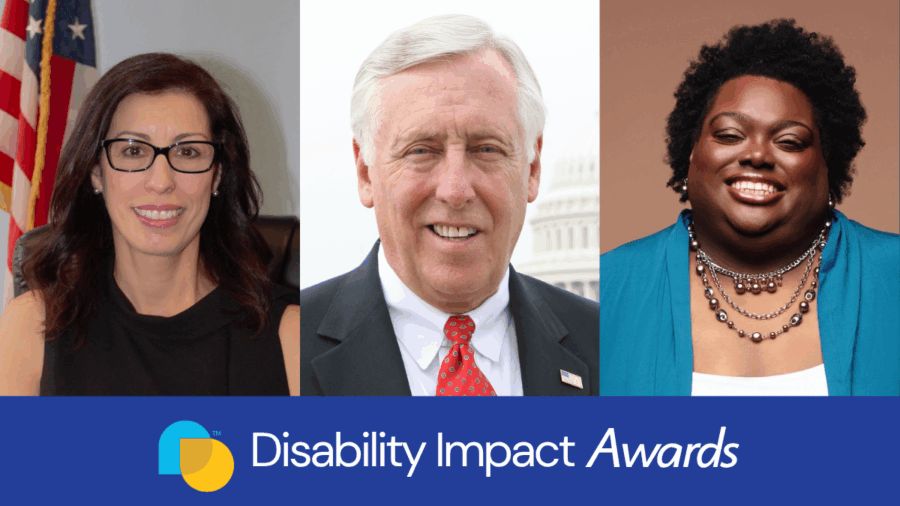
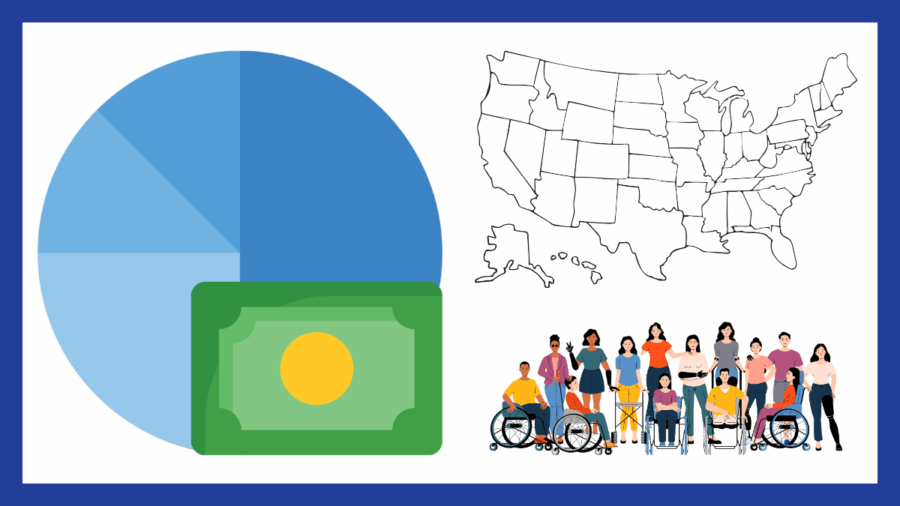
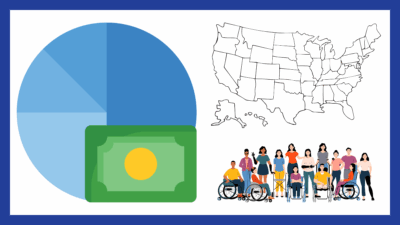 Congress is currently debating the 2025
Congress is currently debating the 2025 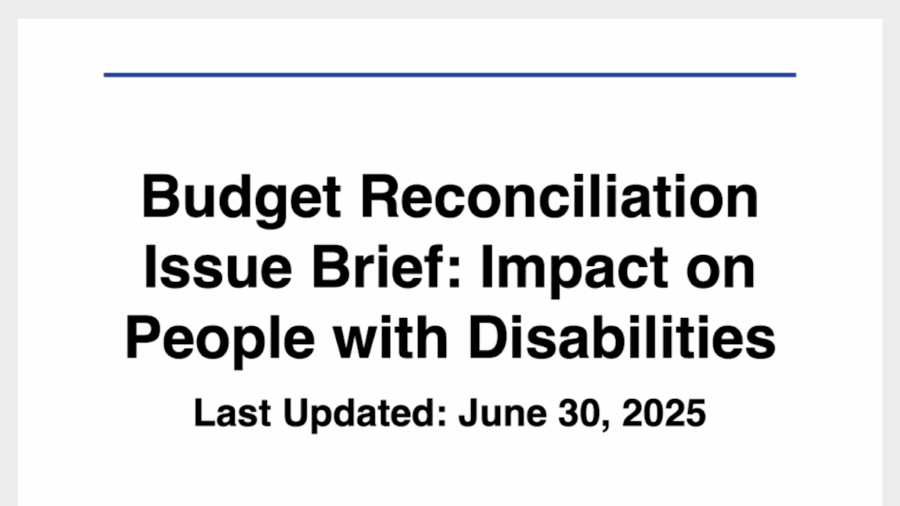



 The Bentonville Film Festival (BFF), taking place June 16-22, is highlighting several disability-inclusive films. Chaired by Academy Award winner Geena Davis, BFF champions women and diverse voices.
The Bentonville Film Festival (BFF), taking place June 16-22, is highlighting several disability-inclusive films. Chaired by Academy Award winner Geena Davis, BFF champions women and diverse voices.




